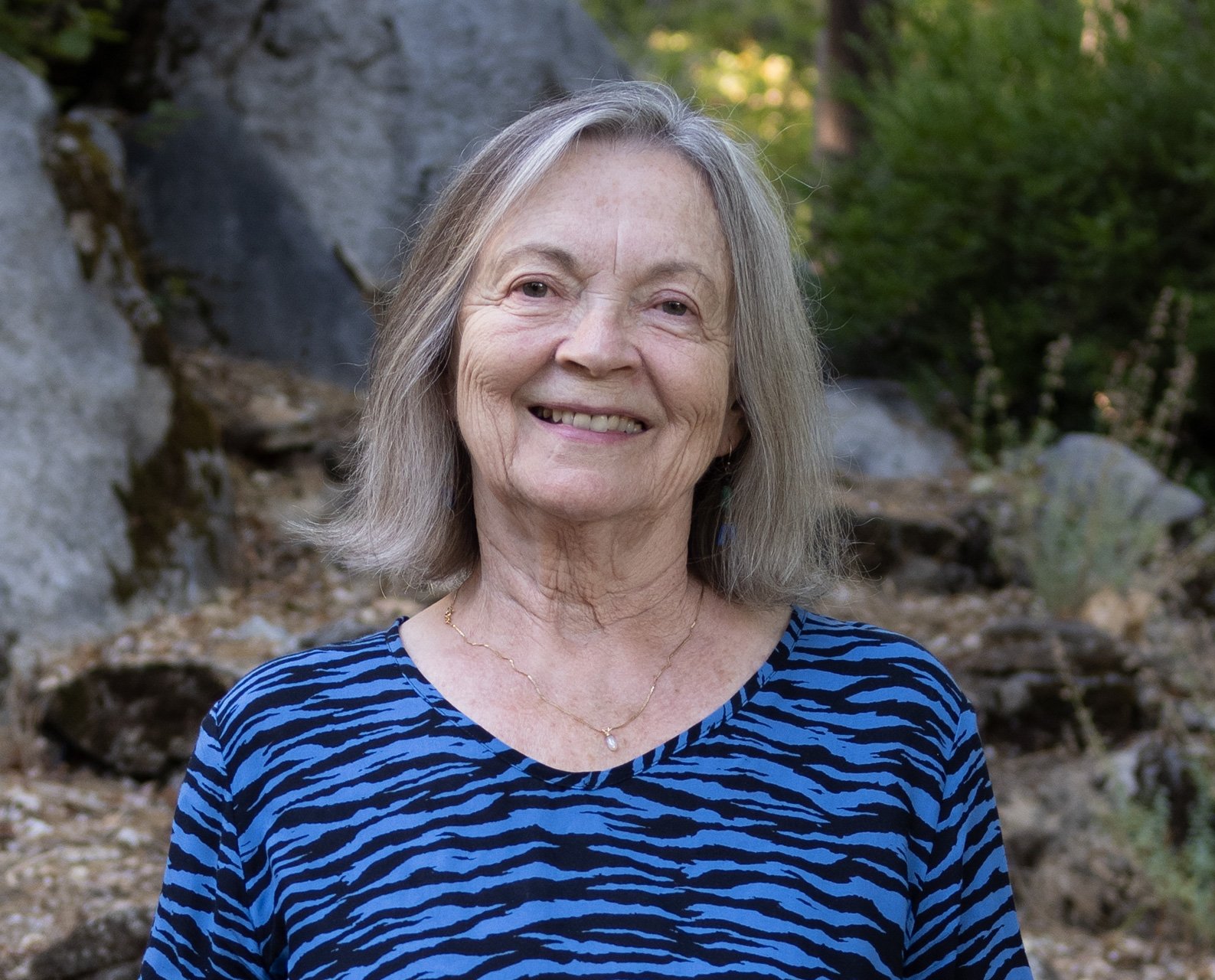
.01
Nebraska, a name from the mid-1800s meaning “Flat Water,” derives from several Native American sources. There are various possibilities for the origins of the name: native Sioux, Omaha-Ponca, or Oto (part of the Siouan family), all of which mean “flat water” and refer to the Platte River, the shallow river that flows through the state. It has long been referred to as being “a mile wide and an inch deep.” The first Europeans to see the Platte were French explorers and trappers, who referred to the river as rivière plate" ("flat river”). - JBC
.02
from CORNERSTONE Press
The Watching Sky, Judy Brackett Crowe, Cornerstone Press, 2024
ISBN 978-1-960329-31-8
In her collection, The Watching Sky, Judy Brackett Crowe examines beauty in the face of mortality, and the sacred imprint of sensory memories. She explores what exists between tangible and abstract with poetic candor: “...she found herself in that cloud-shaped/map again, the colorful world still smelling/of crayon and cedar, of onions and summer.” The poems are full of familiarity, dreaminess, and nostalgia for stories and the myths of common lives. It’s Crowe’s authentic details that deliver striking vibrancy: “...hair and needles, bark and fur, hooves and arms,/all suspended in ethereal light like floating/constellations, like the end and the beginning.” —Kirsten Casey, Ex Vivo (Out of the Living Body), Nevada County Poet Laureate
In The Watching Sky, we stroll through Judy Brackett Crowe’s poems like the landscapes of her “immense, cloud-shaped world," in awe of what is noticed and captured in every rich detail of Earth’s beautifully relentless lessons on life and death, shadow and light, and where we find home. Whether it is in reflections of “cello sounds and jasmine air,” a little girl hopscotching all the way home, of being once a bird “when the world was young...,” or even beyond the sky into the “fall-off places” that are full of burning wonder — over each creek and mountain, and under every moon-washed sky, we revel in Crowe’s exquisite affirmations of finding home in nature’s every wingbeat. —Julie Valin, Songs for Ghosts
In the poems in The Watching Sky, landscapes of mind and exterior realities come to life, urban and rural, peopled with often charming populations, such as the storytellers from Ms. Crowe’s rural upbringing who have left tales dangling, tantalizing us with the ongoing task poets must take up. Many poems celebrate family, past and present, testifying to a life well lived. Her keen eye for animals, a charming part of the Childhood Mind—Beginner’s Mind, the Buddhists may call it—speaks throughout the book with familiarity of the interconnectedness of all life. The formal experiments are daring and adept while the living voice is conversational and clear. The spectrum that unfolds here is ambitious in the best sense—from childhood, family, society, and mankind's effect on the natural world that includes its greedy and suicidal tromping over the human soul and our most sensitive selves. In this sense the poet has not given up. She stands against the dulling and dumbing down of the world for the life that's in us and around us. So it is an embattled voice that rings out in the book, a challenge to feel and act with awareness and delight. —Gene Berson, Raveling Travel
.03
May 21, 2022 Billy Collins has awarded the poem "Love's Latitudes” second place for the
Fish Publishing Poetry Award 2022
“Love’s Latitudes is a delightful, lively send-up of instructions from what turns out to be a very unreliable teacher of oil painting. The four uneven stanzas, with long chatty lines, contain an imbalanced mix of the practical (“Lay out your fine brushes”) and the absurd (“Always paint the sides of the canvas” and getting the right color for “thimbleberries”). The level of playfulness rises with the discovery that the pitiable student will be painting over another painting and the final work will somehow be suggestive of love. The reader cannot help enjoy being manipulated by the escalation of silliness climaxing in a most mysterious ending where the flowers called coral bells (titanium white) will actually begin to ring. Only in poetry.” – Billy Collins
.04
Judy Brackett Crowe
A native Nebraskan, judy crowe believes that the right words in the right places are worth a thousand pictures, and, as other writers have said, she writes to discover what she thinks.
Eudora Welty Writes a Story
Miss Welty scatters snippets of a story
on the ancient Aubusson (which has tales
of its own to tell), cut-apart paragraphs—
a doddering uncle, a bright and troubled girl,
a gossipy village, a small mystery, southern heat.
She kneels, straight pins from the sewing
basket gripped between her lips, rearranges
the snippets, pinning and repinning them,
looking for the whole.
On the curvy-legged table are stacks
of her black-and-white photographs—
a blind weaver; barefoot, skinny children;
women wielding scythes and shovels;
women resting on old porches; dark fields.
She hums, reads passages aloud, pencils in
changes and transitions, pauses to flip through
the photos, nodding, smiling.
She borrows a bit of France from the carpet,
just the color for the evening sun. When the story
is right, and when she’s licked the last drop
of blood off her pricked fingers, she takes
the pinned-together sections to her desk, sips
a thimbleful of Maker’s Mark, and gazes out
at the gardens—Magnolias, of course, grandiflora,
and stately water oaks dripping with moss.
Beyond the trees and moss live the strong women,
the bright children, the dark fields. She rolls a sheet
of paper into the typewriter and listens to their stories.
[published in The Maine Review]




